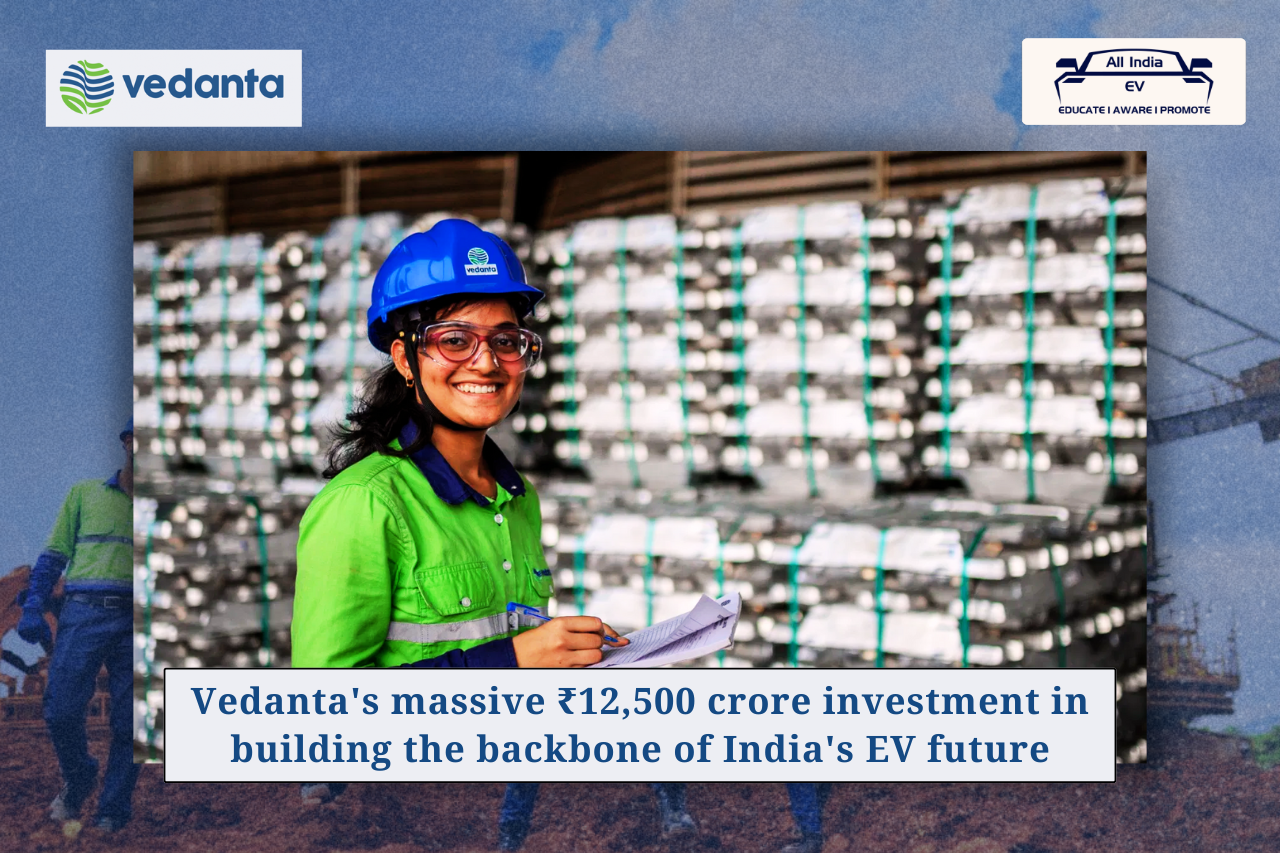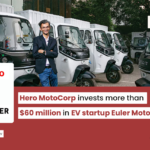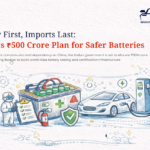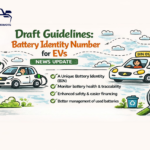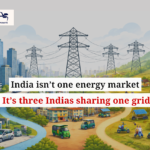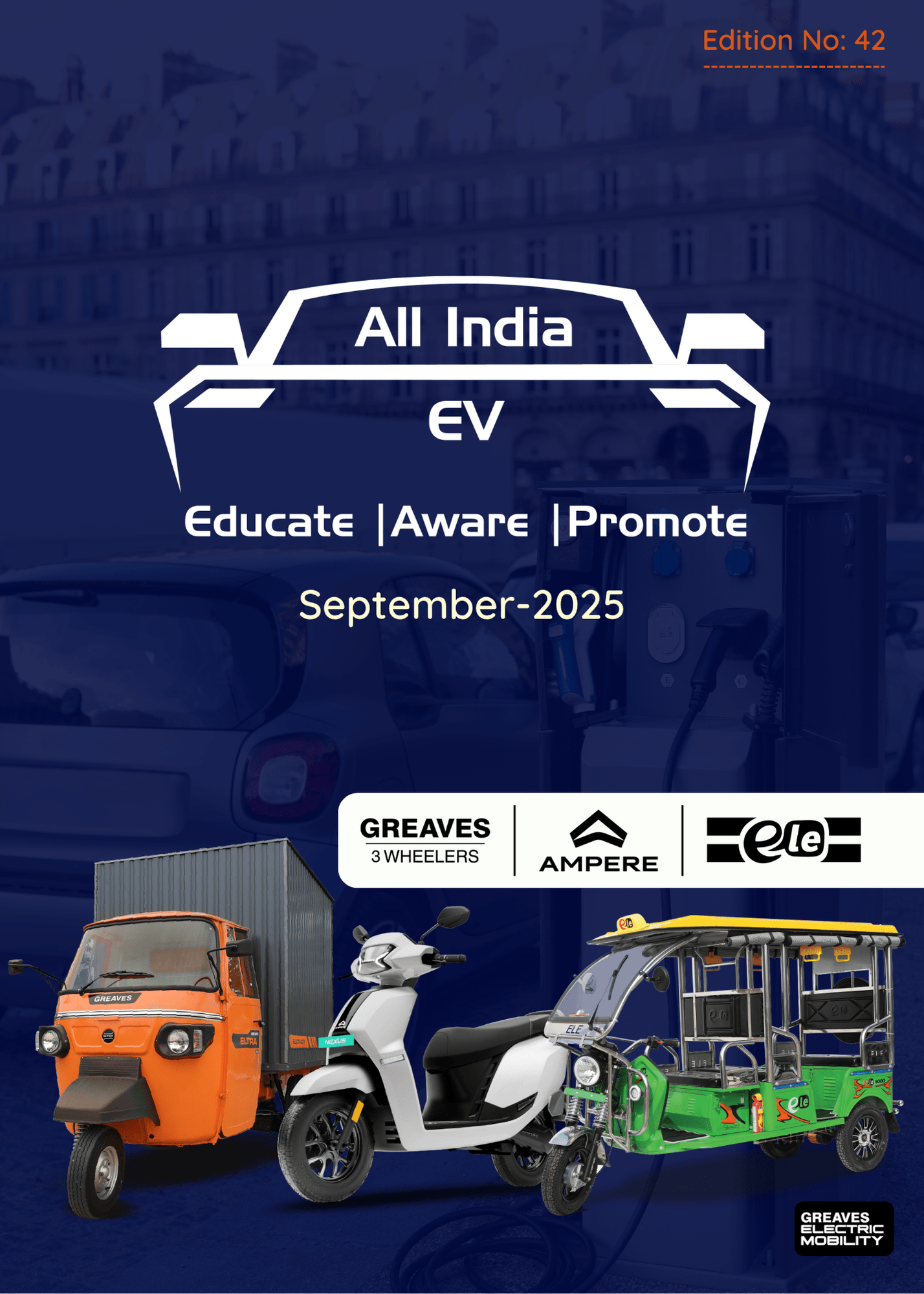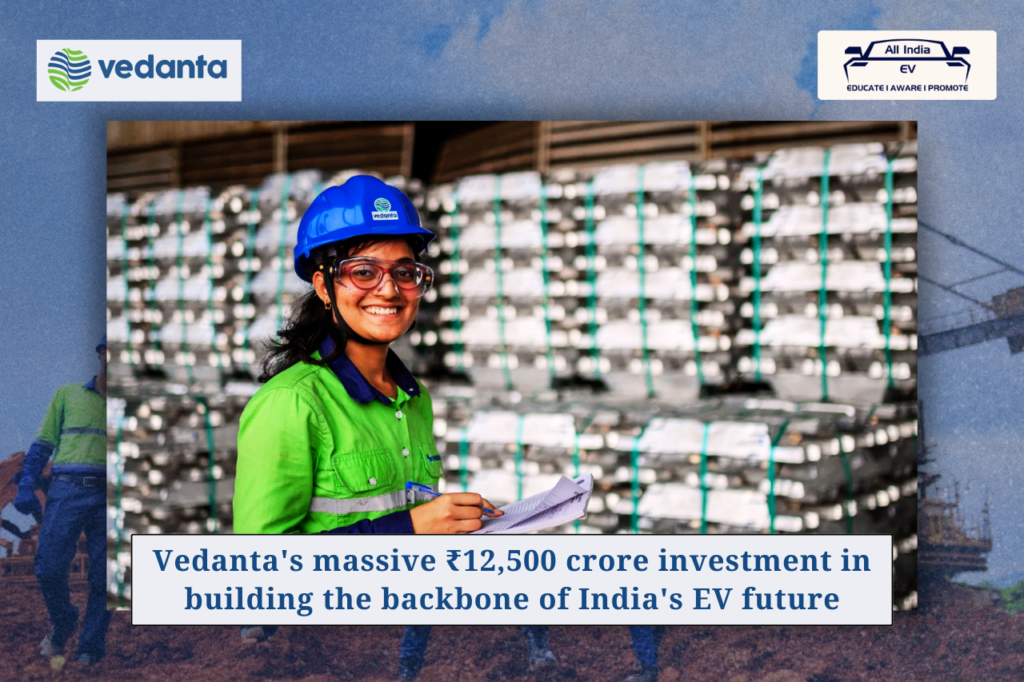
Vedanta Expands Aluminium Production with Alloys for Wheels, Engine Blocks, Battery Casings, HVAC Systems and EV Frames to Boost Auto & EV Sector
In a major push to strengthen India’s electric vehicle (EV) ecosystem, Vedanta Limited has announced a capital expenditure of more than ₹12,500 crore to scale up production across aluminium, zinc, ferrochrome, and steel. The diversified natural resources company said the investment is strategically aimed at meeting the growing material demand of the EV sector.
Expansion Across Metals
The investment will go into expanding aluminium smelting capacity, production of value-added aluminium products, a zinc alloy plant, a roaster unit for zinc production, and ferrochrome capacity augmentation. Vedanta’s wide-ranging portfolio already covers aluminium, zinc, copper, steel, nickel, ferrochrome, alloys, and oil & gas, making it a key player in India’s industrial and EV supply chain.
Aluminium’s Role in EVs
Vedanta is one of India’s largest producers of aluminium products, supplying critical materials such as foundry alloys for wheels, engine blocks and cylinder heads, billets for battery casings, HVAC systems, and EV frames. The company also markets low-carbon aluminium under its brands Restora and Restora Ultra, aligning with the EV industry’s sustainability goals.
According to S. Senthil Kumar, Vice President – Central Purchase, TVS Motors, “Aluminium plays a vital role in delivering products that are not only top-tier in performance but also sustainable. The integrity of raw materials forms the foundation of our commitment to efficiency and innovation.”
Industry research cited by Vedanta highlights that every 1 kg of aluminium used reduces a vehicle’s weight by 1 kg, and a 100 kg weight reduction can improve EV range by 10–15%, making lightweight aluminium indispensable for next-generation mobility.
Zinc, Nickel and Copper: Backbone of EV Supply Chain
Vedanta’s zinc operations include special high-grade zinc, continuous galvanising grade zinc, and die-casting alloys. The company has also introduced EcoZen, a low-carbon zinc variant, used in galvanised steel for EV bodies and in component manufacturing.
Abhinandan Singh, Senior Area Procurement Manager Metals, Tata Steel, said, “Zinc is rapidly becoming an indispensable material in the automotive sector, particularly with the acceleration of electric vehicle production. Our enduring collaborations with Vedanta and Hindustan Zinc is a testament to quality and innovation.”
The company is also India’s only primary nickel producer, holding about 40% of the domestic market. Nickel sulphate produced by Vedanta is essential for nickel-rich cathodes in EV batteries, a critical element for energy density and battery efficiency.
On the copper front, Vedanta produces copper rods and cathodes used in batteries, motors, inverters, wiring, and charging systems. With EVs requiring three to four times more copper than conventional vehicles, Vedanta’s copper assets are positioned to play a central role in India’s electrification drive.
Future Growth Strategy
Beyond its current portfolio, Vedanta also produces iron ore, ferrochrome, and steel, integral to EV manufacturing. Looking ahead, the company has set its sights on rare earth elements, graphite, vanadium, manganese, and tungsten, aiming to expand its role across the entire EV value chain.With this investment, Vedanta has reinforced its commitment to becoming a cornerstone of India’s EV manufacturing supply base, supporting both domestic automakers and global players as they ramp up local EV production.


